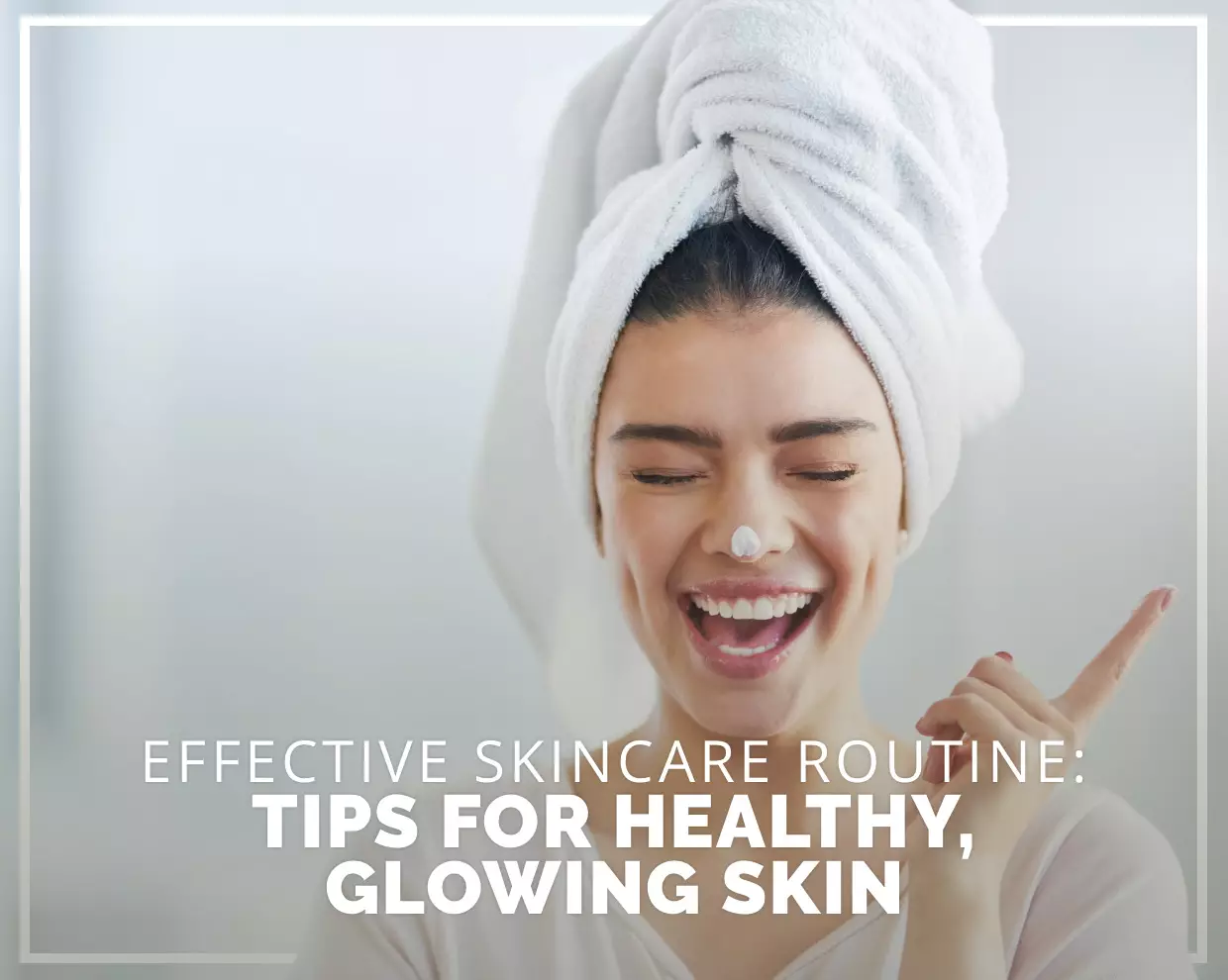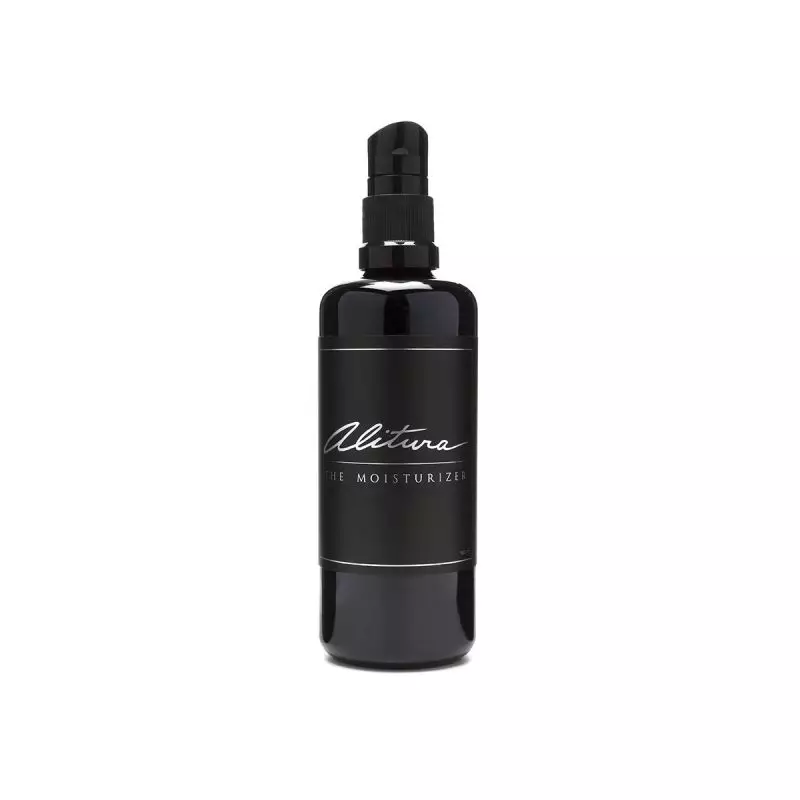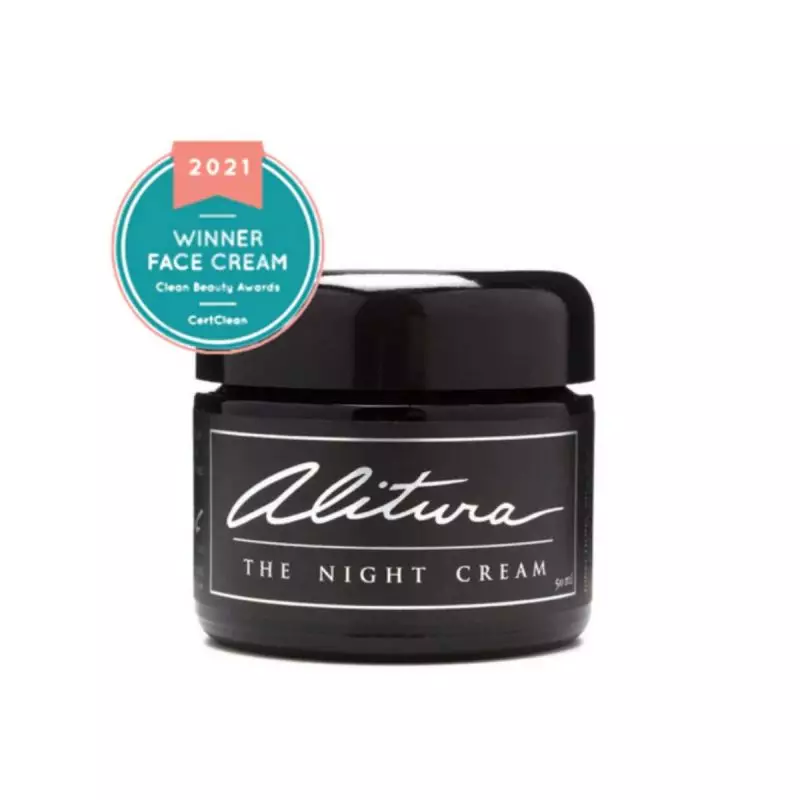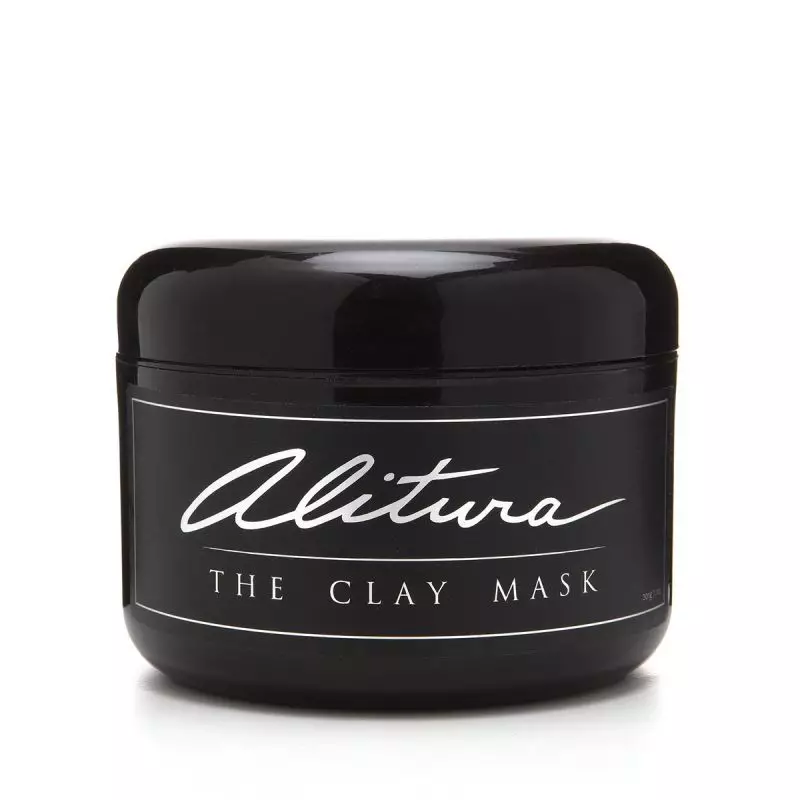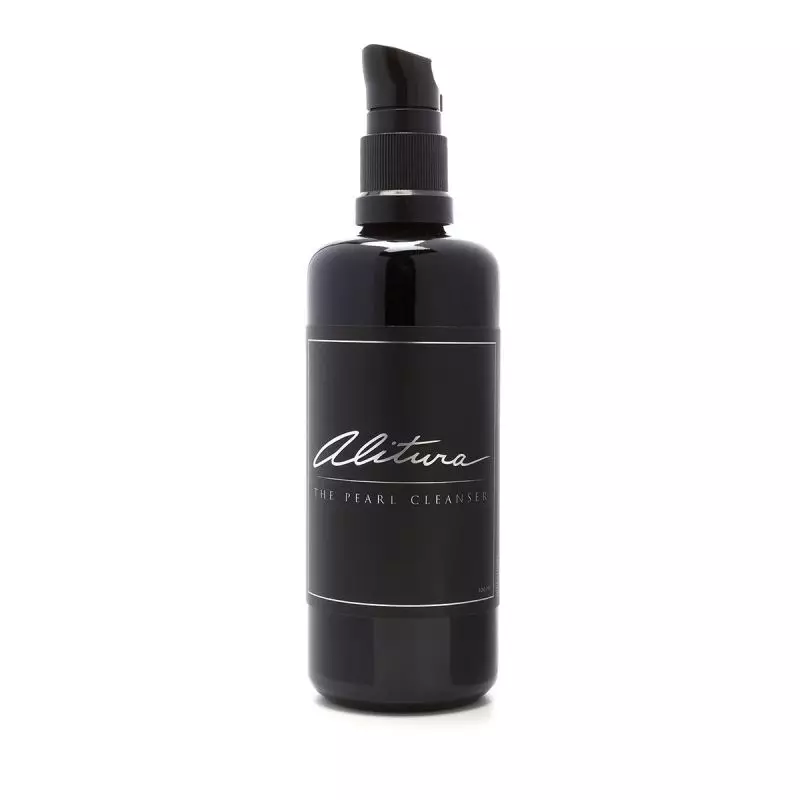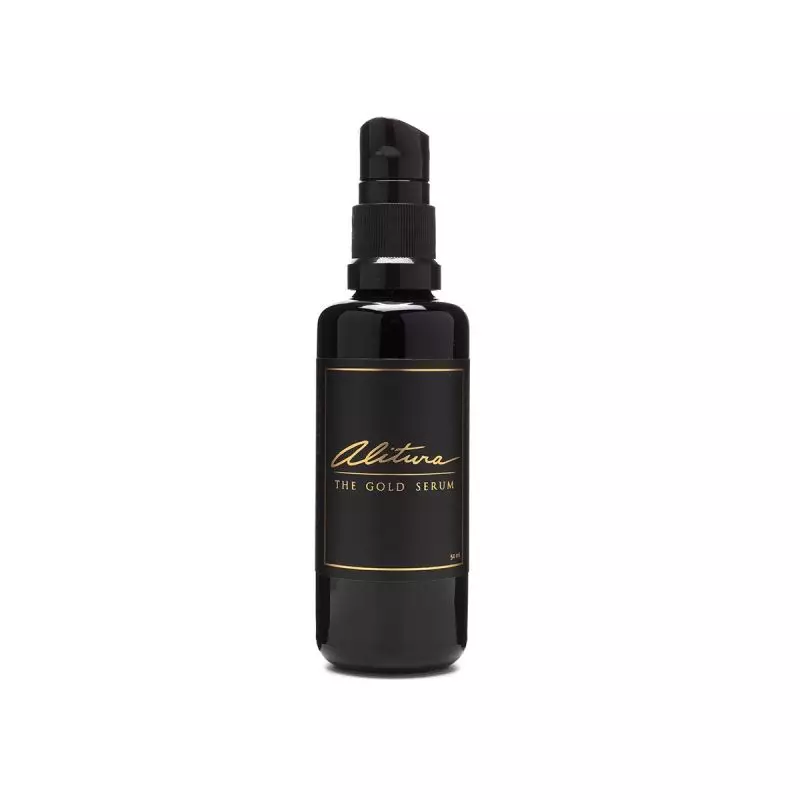A skincare routine is a set of daily habits that are designed to help protect and improve the appearance and health of your skin. It is a process that involves a range of products and techniques that work together to keep your skin clean, moisturised, and protected from environmental factors. Whether you're looking to prevent acne, reduce the appearance of fine lines and wrinkles, or just keep your skin healthy and radiant, a good skincare routine is essential.
In this article, we will explore the basics of a skincare routine, including what it is, why it's important, and how to build a routine that works for you. We will also provide tips and strategies for overcoming challenges related to hormone imbalances that can impact the health and appearance of your skin.
The Basics of a Skincare Routine
A skincare routine typically involves a series of steps that are designed to cleanse, exfoliate, moisturise, and protect your skin. These steps can vary depending on your skin type, age, and specific concerns, but most routines will include the following:
• Cleansing: The first step in any skincare routine is to cleanse your skin. This helps to remove dirt, oil, makeup residues and other impurities that can clog your pores and lead to breakouts. Cleansing also prepares your skin for the other products you will be using in your routine.
• Exfoliation: Exfoliating your skin helps to remove dead skin cells that can make your skin look dull and dry. It can also help to reduce the appearance of fine lines and wrinkles and prevent acne breakouts.
• Moisturising: Moisturising is essential for keeping your skin hydrated and healthy. It helps to prevent dryness and flakiness, which can make your skin look older and more tired. A good moisturiser, such as Alitura Moisturizer features a blend of organic and wildcrafted ingredients, including grass-fed colostrum, aloe vera, and sea buckthorn oil, which provide deep hydration, wound-healing properties, promote skin regeneration, and reduces inflammation, anti-ageing effects. [1][2] Its lightweight, non-greasy formula offers a versatile and effective skincare solution suitable for all skin types.
• Sun Protection: Sunscreen is essential for protecting your skin from the damaging effects of UV rays. It helps to prevent sunburn, premature ageing, and even skin cancer.
Building Your Skincare Routine
Now that you understand the basics of a skincare routine, it's time to start building your own. Here are some steps to follow:
• Determine your skin type: Before you can create a skincare routine, you need to determine your skin type. There are five basic skin types: normal, dry, oily, combination, and sensitive. Knowing your skin type will help you choose the right products and techniques for your specific needs.
1. Normal skin: Normal skin is neither too oily nor too dry. People with normal skin typically have small pores and few blemishes. Normal skin has a smooth texture, and it's not overly sensitive.
2. Dry skin: Dry skin is characterised by a lack of moisture and oil in the skin. This skin type can be dull, rough, or flaky, and it can feel tight and uncomfortable. People with dry skin often experience itching or redness, especially in dry weather. Dry skin can be upset by harsh soaps or low humidity.
3. Oily skin: Oily skin produces excess sebum, the natural oil that keeps the skin moisturised. People with oily skin tend to have large pores, a shiny complexion, and are prone to acne and other blemishes. Oily skin can be affected by hot weather or humidity. [3]
4. Combination skin: Combination skin is a mix of both oily and dry skin. Typically, people with combination skin have an oily T-zone (forehead, nose, and chin) and dry cheeks.
5. Sensitive skin: Sensitive skin is easily irritated by environmental factors, cosmetics, and skincare products. People with sensitive skin often experience redness, itching, or burning sensations. [4]
• Choose your products: Once you know your skin type, it's time to choose the products you will be using in your routine. Look for products that are specifically designed for your skin type and address your specific concerns, whether that's acne, fine lines and wrinkles, or dryness.
If you are looking for a brand made with natural and organic ingredients, you may want to check out Alitura — an organic premium skincare brand that offers a range of products designed to help improve the appearance and health of your skin.
• Start with the basics: If you're new to skincare, it's best to start with the basics. That means a cleanser, moisturiser, and sunscreen. As you become more comfortable with your routine, you can add in additional steps like exfoliation and serums.
• Be consistent: Consistency is key when it comes to skincare. You need to use your products regularly and follow your routine every day to see the best results. Don't skip steps or products, even if you're tired or in a rush.
• Adjust your routine as needed: Your skin can change over time, so it's important to adjust your routine as needed. If you notice changes in your skin, whether that's dryness, oiliness, or breakouts, adjust your routine accordingly.
To maintain a healthy complexion year-round, it's important to adjust your skincare routine according to seasonal changes. Here are some tips for adapting your routine:
- Winter - Focus on hydration by incorporating richer moisturisers, hydrating serums, and gentle exfoliation to remove dead skin cells. [5] Don't forget to apply sunscreen, even on cloudy days.
- Spring - Opt for a lightweight moisturiser and increase your sun protection. If you're prone to allergies, consider adding a soothing and calming serum to your routine.
- Summer - Choose oil-free and non-comedogenic products to prevent clogged pores. Prioritise sun protection and consider incorporating a gentle exfoliant to keep your skin smooth and radiant.
- Autumn - Gradually transition to more hydrating products, as the temperatures drop. Continue exfoliating to help your skin adjust and maintain a healthy glow.
Unlocking the Secrets to Balanced Hormones and Glowing Skin: Tips and Strategies
Achieving radiant, healthy skin starts from within, and hormones play a pivotal role in this process. Hormonal imbalances can lead to a variety of skin issues, from acne and dryness to oiliness and premature ageing. But don't worry, with the right approach, you can take control of your hormones and reveal your best skin yet. Here are some tips and strategies to guide you on your journey to balanced hormones and vibrant skin.
1. Nourish your body with a hormone-friendly diet:
Feeding your body the right nutrients is essential for hormonal balance and skin health. Opt for a diet that emphasises fruits, vegetables, whole grains, lean proteins, and healthy fats. These nutrient-dense foods provide essential vitamins, minerals, and antioxidants that support hormone regulation and skin rejuvenation. Remember, a glowing complexion reflects your overall well-being.
2. Exercise for hormonal harmony:
Regular physical activity is vital for maintaining hormonal balance and skin health. Engaging in activities like jogging, swimming, or even dancing can lower cortisol levels [6], reduce stress, and boost blood circulation. [7]
3. Embrace stress-busting techniques:
Stress can disrupt your hormones and negatively impact your skin. Integrate stress management practices such as yoga, mindfulness meditation, or deep breathing exercises into your daily routine to create a harmonious internal environment for both your hormones and skin to flourish.
4. Sleep your way to balanced hormones:
Quality sleep is crucial for hormone regulation and overall health. [8] Strive for 7-8 hours of restorative sleep each night, allowing your body to repair and regenerate. Envision sleep as your skin's overnight support crew, working tirelessly to balance hormones and rejuvenate your complexion.
To improve your sleep quality, consider exploring Functional Self's range of sleep and relaxation products designed to support restful and rejuvenating sleep.
5. Assess your supplement needs:
Sometimes, despite our best efforts, hormone imbalances persist. In such cases, consult with a healthcare professional about incorporating supplements into your daily regimen. Supplements like omega-3 fatty acids [9], vitamin D [10], and magnesium [11] can help support hormone balance and improve skin health.
At Functional Self, we offer a variety of food-based supplements to support your unique needs. If you need some extra guidance or support, please feel free to book a free consultation with one of our qualified health coaches.
6. Establish a tailored skincare routine:
A consistent skincare routine that caters to your specific skin type is crucial for maintaining healthy skin. Use gentle, fragrance-free products and ensure your routine includes a cleanser, exfoliant, moisturiser, and sunscreen. Consistency is key – view your skincare routine as a finely tuned orchestra, with each component harmoniously contributing to a radiant result.
Building an effective skincare routine tailored to your unique needs is crucial for achieving and maintaining healthy, glowing skin. By understanding the fundamentals, personalising your routine, and adapting to seasonal changes, you can enjoy radiant skin all year round. To discover a range of high-quality, natural skincare products that cater to your specific needs, visit Functional Self's Personal Care range. Explore our selection and start your journey towards healthier, more vibrant skin today.
If you enjoyed this article, we also wrote more about hormones and skin health in this health report: 10 warning signs you may have a hormonal imbalance (and what to do about it)
References:
[1] Healing effect of sea buckthorn, olive oil, and their mixture on full-thickness burn wounds.
[2] Milk proteins—their biological activities and use in cosmetics and dermatology.
[3] Oily skin: A review of treatment options.
[4] An overview of methods to characterize skin type: focus on visual rating scales and self-report instruments.
[5] The role of moisturizers in addressing various kinds of dermatitis: A review.
[6] Exercise and circulating cortisol levels: the intensity threshold effect.
[7] Exercise and depression.
[8] The impact of sleep and circadian disturbance on hormones and metabolism.
[9] The potential uses of omega-3 fatty acids in dermatology: A review.
[10] Vitamin D and the skin: focus on a complex relationship: A review.
[11] Interaction of mineral salts with the skin: a literature survey.

 AU Store
AU Store  UK Store
UK Store NZ Store
NZ Store EU Store
EU Store

